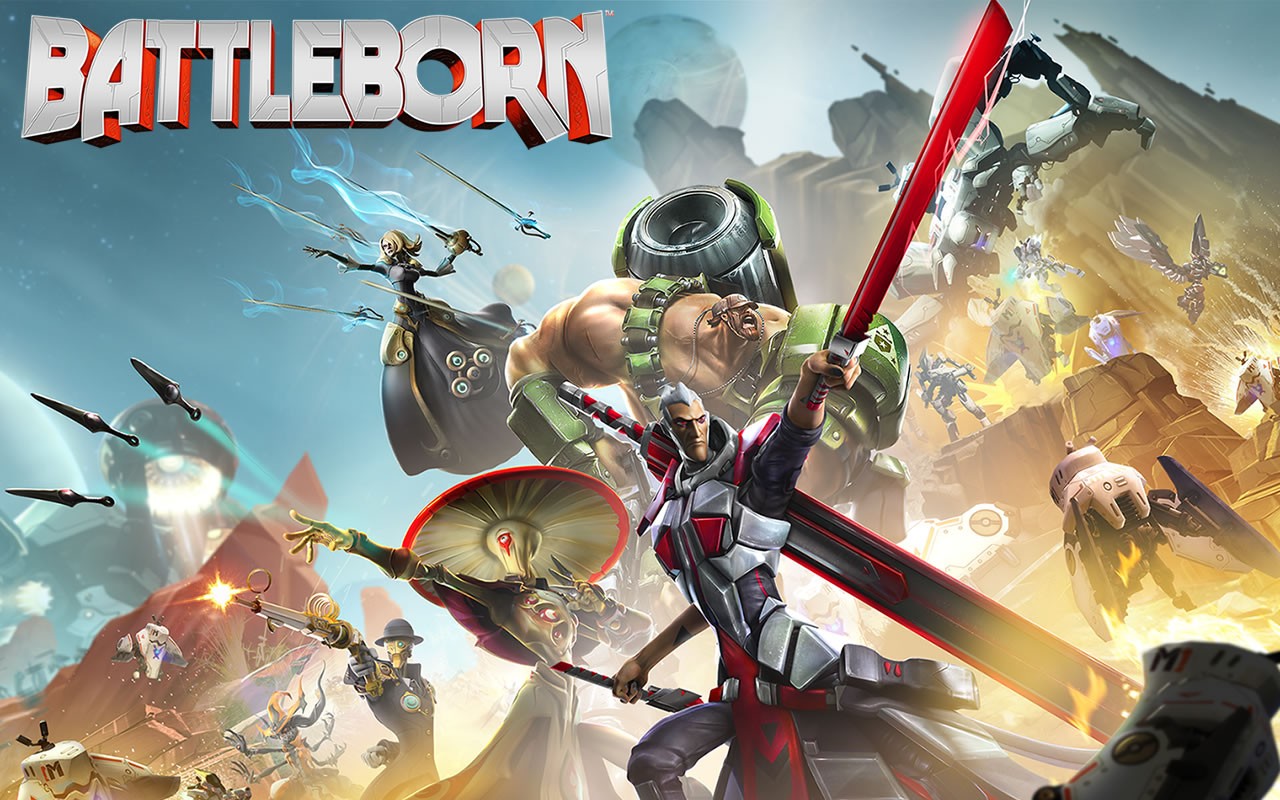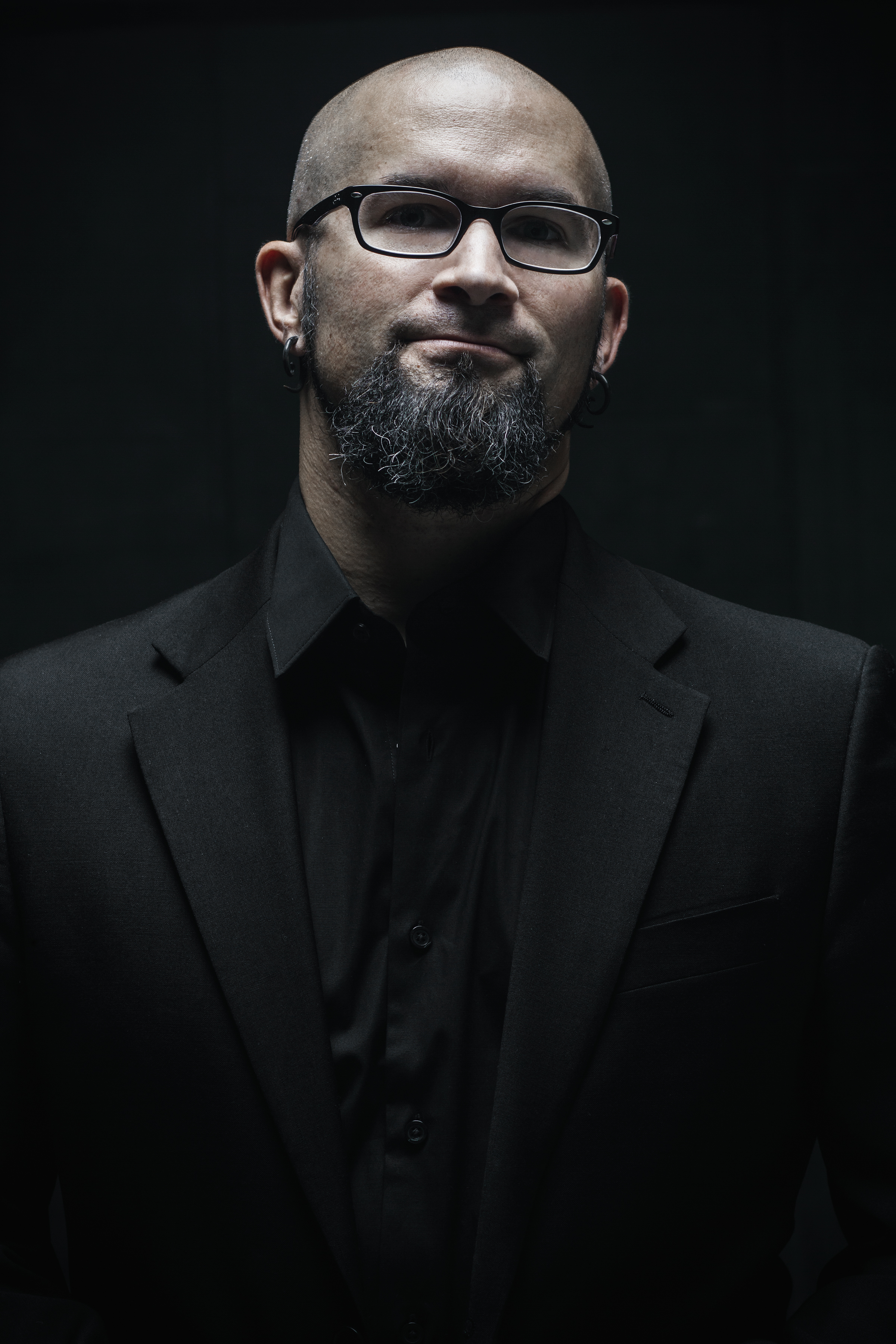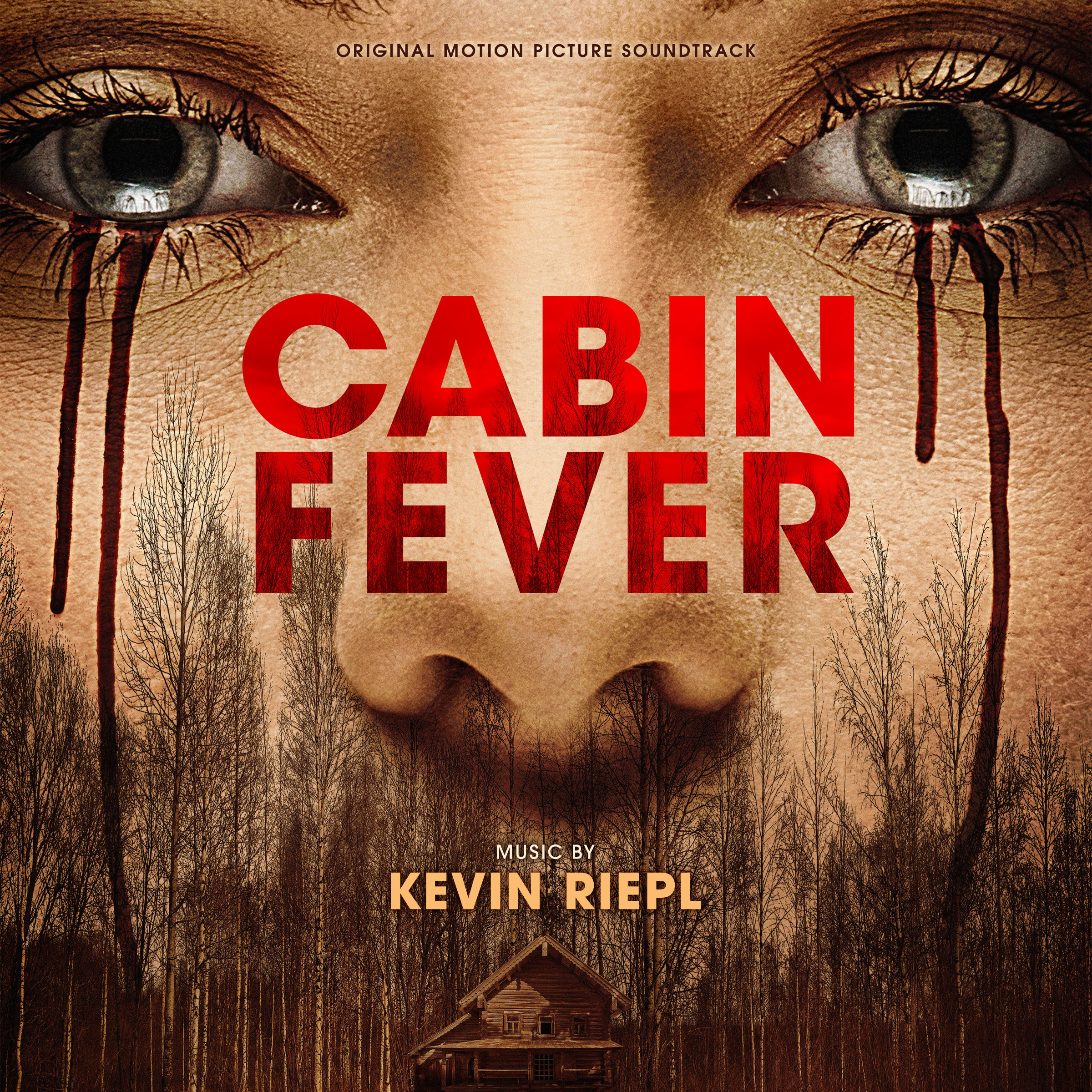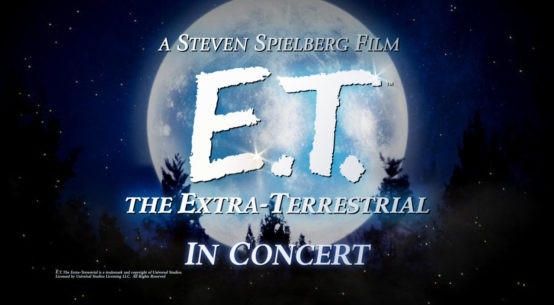
Sam Hughes chats to composer Kevin Riepl. Kevin is an award-winning composer writing for multiple entertainment genres. His engaging orchestral, hybrid and atmospheric scores have enhanced numerous films such as BATMAN: UNLIMITED, CABIN FEVER (2016 reboot), THE NIGHT CREW, SILENT NIGHT, ABCs OF DEATH, CONTRACTED and THE AGGRESSION SCALE.
In addition to scoring film festival winners and genre cult films such as the emotional sci-fi short HENRI (starring Keir Dullea) and Oddball Animation Studios’ stunning concept film, RUIN, Kevin Riepl is also renowned for composing the epic, signature scores for blockbuster video games including GEARS OF WAR, the UNREAL series, ALIENS: COLONIAL MARINES, and many more.
Kevin Riepl has distinguished himself from his peers with his ability to craft engaging atmospheres and rousing scores that not only complement and enhance the numerous film, game and television projects he has worked on, but are also recognized and praised by gamers and moviegoers alike. His music ranges from emotive, energetic and rhythmic to macabre and otherworldly.
Thanks for joining us Kevin; it’s great to be able to chat to you about your work!
Thank you for the interest. My pleasure.
Now before we discuss Cabin Fever, Battleborn, and other projects, tell us how your journey into music composition began?
Playing in a variety of bands in high school, whether it was marching bands, jazz, symphony concerts or rock bands piqued my interest in how music was arranged and orchestrated for an ensemble. This in turn led to me wanting to create music of my own and a desire to learn the craft of composition. It wasn’t until after years of studying that I thought it could actually be a possibility to marry my love of film and games with my passion for creating music. At that point in the infancy of my working career, the journey began.
Great stuff, was there a particular moment that was a key turning point of “big break” so to speak?
I still consider my career very young and constantly growing so I am not exactly sure there is a “big break” moment to look back upon. Yes there have definitely been turning points in my career that eventually led to bigger things. Those turning points were a result of decisions that were made spontaneously so you can’t really plan for those moments.
So is there anything so far that has been your biggest challenge as a composer?
I think as a working composer the biggest challenge is getting used to the roller coaster ride of ups and downs. In certain stages of my career there has definitely been a decent amount of ‘feast or famine’. That just comes with the territory. It seems to never change.
Yeah it’s definitely part of the package it seems. If you could go back in time and give yourself one piece of advice in the beginning of your career what would it be?
I would tell my younger self, “Do not care or be concerned with what colleagues and other composers might think of your work.” As a young composer starting out, this voice in my head plagued me consistently. With thoughts like, “Oh this has to be cool enough”, “this has to showcase my full range of talent”, “I have to show that I can write like this or like that, and do it great…” These thoughts took up space in my head because I was overly concerned with what other composers at my level would think. I wanted credibility amongst my peers. It ate at me. It inevitably went away as I matured as a composer, and worked more and more. But I would have loved to have been told by my future self to “shut that down”.
It sounds like a struggle for a lot of creatives for sure. Would you say you have a proudest moment so far?
Definitely having my score for Batman Unlimited: Monster Mayhem nominated for Outstanding Achievement, Music in an Animated Feature Production for the 43rd Annual Annie Awards.

That is awesome congratulations! What’s your initial process when beginning work on a project?
In film, it begins with conversations with the director, in regards to the story, their vision and what type of role they want the music to play. If it’s early in the process I am provided with a script to help get my head into the world of this story before any conversations begin. Once the vision of the music is agreed upon, I move forward with creating a few musical sketches and discuss how I think the music should develop with the story. After that, I receive the locked cut of the film and I’m off and running.
Now although the reboot of Cabin Fever is a very different beast to Batman: Unlimited it’s not your first time on the Cabin Fever franchise. Have you used any similar techniques or thought processes for this one or have you taken a completely new approach?
The desire for this Cabin Fever was to create something new, musically, and to complement the director, Travis Zariwny’s new vision of the story.
So how did you first get involved with the project?
Travis Z, the director, saw a short film online that I scored and really liked the end credits cue. He brought it to the attention of the producer Evan Astrowsky. Evan, having worked with me on Cabin Fever: Patient Zero, knew who I was and they got in touch with me.
What kind of instrumentation did you use for Cabin Fever and what made you decide on that?
The bulk of the score is traditional orchestra with a hefty amount of synth and electronic elements. Deciding on this palette was quite simple. Travis said, “I want huge orchestral and industrial.”
What was your biggest challenge on this particular project?
There is one piece of music in the first act of the film that sticks out as it’s not like the rest of the score. The challenge for me was, should I really be doing this? The challenge wasn’t anything to do with musical difficulty or changes to the score. The piece in question happens after the opening sequence when the ensemble cast is driving to their destination. The shot is very reminiscent of the opening of Kubrick’s The Shining. I did a few different cues for this scene, none of them stuck. So for the fun of it, I “wrote” a cue that sounded very much like composer Wendy Carlos’ cue from The Shining which itself was heavily influenced by a section of Berlioz’s Symphonie Fantastique. I submitted it and the producer and director loved how the entire scene now worked as homage to Kubrick’s opening shot for The Shining. I still am a bit unsure of the decision to keep it in there.
Is there a particular moment in the film’s soundtrack that really sticks out as an almost defining moment for you with regards to the accomplishments of the music?
I think “Oh, She Got it” (at 2min and 42sec into the track) is a great defining moment in the score with regards to the progression of the story. It’s the part in the film where a lead character first gets the virus. I wrote angrily and viciously for that scene and I think it really drives that scene home and creates a huge sense of chaos and unease.
Excellent, is there anything that you wanted to do differently with Cabin Fever compared to your previous projects?
Since Travis was aiming for a big cinematic orchestral sound as the backbone of the score, I wanted to put every penny of the smaller sized music budget into as much of a live ensemble as I could. With previous indie films that I’ve worked on, the budget just wasn’t there. This time around I was able to work it in so the score could be represented to the best of its ability with live elements.

Did you have any “go to” plugins on this project, or do you have any in general?
I didn’t necessarily have any specific ones I used in this project but I always have my “go to” sounds and plugins for film projects that are a constant in my template. Other than my main orchestral template, two are U-he’s Zebra & Diva, and ninety percent of the time I am not pulling from the default sound banks. I am a huge fan of Matt Bowdler’s (The Unfinished) sounds that he creates for these instruments. His creations are inspiring and are a huge complement to any score whether orchestral or electronic. They are always finding their way into my cues. Also, anything created by the Heavyocity team are main stays in my template. As far as effects plugins go, I am a huge fan of Lexicon’s Reverbs. Other plugins that are always being tapped are FabFilter’s amazing Pro-Q2 equalizer and Saturn Saturation, Waves’ Manny Marroquin’s Delay and their L3. In my mix chain, the constants are, (in no specific order) Clariphonic DSP MKII, Brainworx bx_digital V2, SPL Vitalizer, and VEQ4.
What do you hope the general viewer feels/gains from the soundtrack?
When watching the film, I hope they feel the music more than they hear it. What I mean by that is, if they are listening to the music while watching a scene instead of taking it all in as a whole, I feel the music has missed the mark and I didn’t do my job correctly. The music is there to support the visual and make it more easily relatable emotionally to the audience. There are so many crazy scenes in films that any normal everyday person will never experience in their lifetime. To me, my job is to help that scene be relatable to the viewer on a subconscious level. If the music sticks out and becomes more important than the scene, I have failed the viewer. As a stand-alone soundtrack, I hope that I have achieved an entertaining listening experience for both music lovers and film lovers alike.
Now Battleborn is even different altogether! What was it like switching between these projects?
I love switching between projects, especially if the styles are quite a bit different. For Battleborn, there was a different approach and application to the music altogether. Instead of writing music linearly for a story arc over the span of a 90-minute experience, the game required separate pieces for different sections of the game sometimes needing different styles between the pieces. So the actual tracks were compartmentalized and a musical idea never expanded past the two to three minute mark.
How do you find writing across different platforms, do you have a favourite at all?
This may sound cliché, but I genuinely love both. To me they are two separate worlds that I approach very differently. Each medium is different and should be respected as such.
If you could describe your approach to Battleborn in one word what would it be?
“Song.” The request from the Gearbox audio team was to approach these pieces more in a song format rather than like a cue from a film or a linear story. They referenced back to my work on the Damage Vault project. Those tracks were heavily industrial fused with orchestral melodic elements but again written with a “song” format in mind. When I say song format, I mean the traditional verse A, verse B, Bridge, chorus verse C, etc. Not in that specific order, but the tracks created for Battleborn had a structure of sections that would repeat and also have a main section, a hook.
What was your proudest moment when writing for this project?
I think since they were requested to be song-like, I got to produce the hell out the pieces more so than when I do for film scores or other game projects that require a cinematic sound.
Can you tell us about how you worked with the developers for this title and what the workflow was like?
There was definitely a lot of back and forth on this one. I think one of the biggest hurdles was really finding a sound for the game. There were many pieces, written by both the other composers and myself, that went through long iteration processes before the palette and style was settled on.
You’ve composed for so many projects now, what kind of project would you like to write for that you haven’t already?
In games, I’d love to write a score for a VR game. That is the next stage, possibly the future of gaming, and I definitely want to be a part of it. For film, well I’m not gonna lie, with all these Star Wars spin off and anthology films set to come out in the future, I am hoping that at some point in my career my path might cross with a potential director of one of those films. But I am not going to hold my breath.

Sumthing Else Music Works, Warner Bros. and DC Entertainment also recently announced that the original motion picture scores to BATMAN UNLIMITED: ANIMAL INSTINCTS and BATMAN UNLIMITED: MONSTER MAYHEM are now available to digitally download from www.sumthing.com
There are many aspiring composers out there and it’s a highly competitive field. Is there anything that you would say to people beginning their career to help them stand out from the crowd?
Don’t get discouraged. It is a long journey and you have to be in it 150%. There are so many talented composers out there in the field at all levels of success. If you’re not hustling, someone else will be. Also, two words come to mind, persistence and kindness. You must be determined to succeed but at the same time be super easy to work with and easy to get along with. Lose the composer ego. Yes, you work alone most of the time in your studio creating your cues that you think are great, but film and games are a collaborative effort. If you can’t take criticism from the people you’re working with, you are doomed. Nurture every relationship you create in the business. Not just creative directors of games or directors of film, EVERYONE. In my experience, relationships are an asset in helping build a career. Stop talking and start listening. Be Humble. This advice doesn’t contain anything about musical talent or studying this or that or having a degree or being able to write this or write that. All of that is a given. Anyone can obtain those assets. Musical talent can get you in the door but it definitely doesn’t keep you there. If you have a style, by all means, run with it. Be YOU. Don’t be afraid of keeping your head down holding your nose to the grindstone to hone your skills and give 110% on everything you work on. Enjoy the journey and don’t look for or expect the destination. Eventually, the noise of the competitive field will fade and things will happen.
OK fun question to finish off with. If you could have a drink with anyone, alive or dead, who would it be?
This is a good one. I’ve never actually pondered a question like this before. I’m going to be boring and have to say my dad, who is very much alive. My dad and I have a good relationship. We don’t get to hang much as we live 3,000 miles apart. He’s in New Jersey and I’m here in Los Angeles. Yeah, my dad may not be an iconic figure in history, or a famous composer, but he is someone I look up to and respect immensely. He taught me so much about work ethic, respect and being humble without ever teaching me or saying a word. He led by example. I owe him a lot for who I’ve become as a man, and providing me with tools to raise my boys in the same fashion. The least I can do is buy the guy a drink!
Not a boring answer at all, it’s great! Your Dad sounds really cool :). Thanks again for joining us!
LINKS
Kevin Riepl
We hope you enjoyed the interview, feel free to check out more of these at the Interviews page. Also, don’t forget to sign up to our Monthly Newsletter to make sure you don’t miss anything!
If you’re feeling generous there’s also our Patreon page and we appreciate all the support!
The Sound Architect




